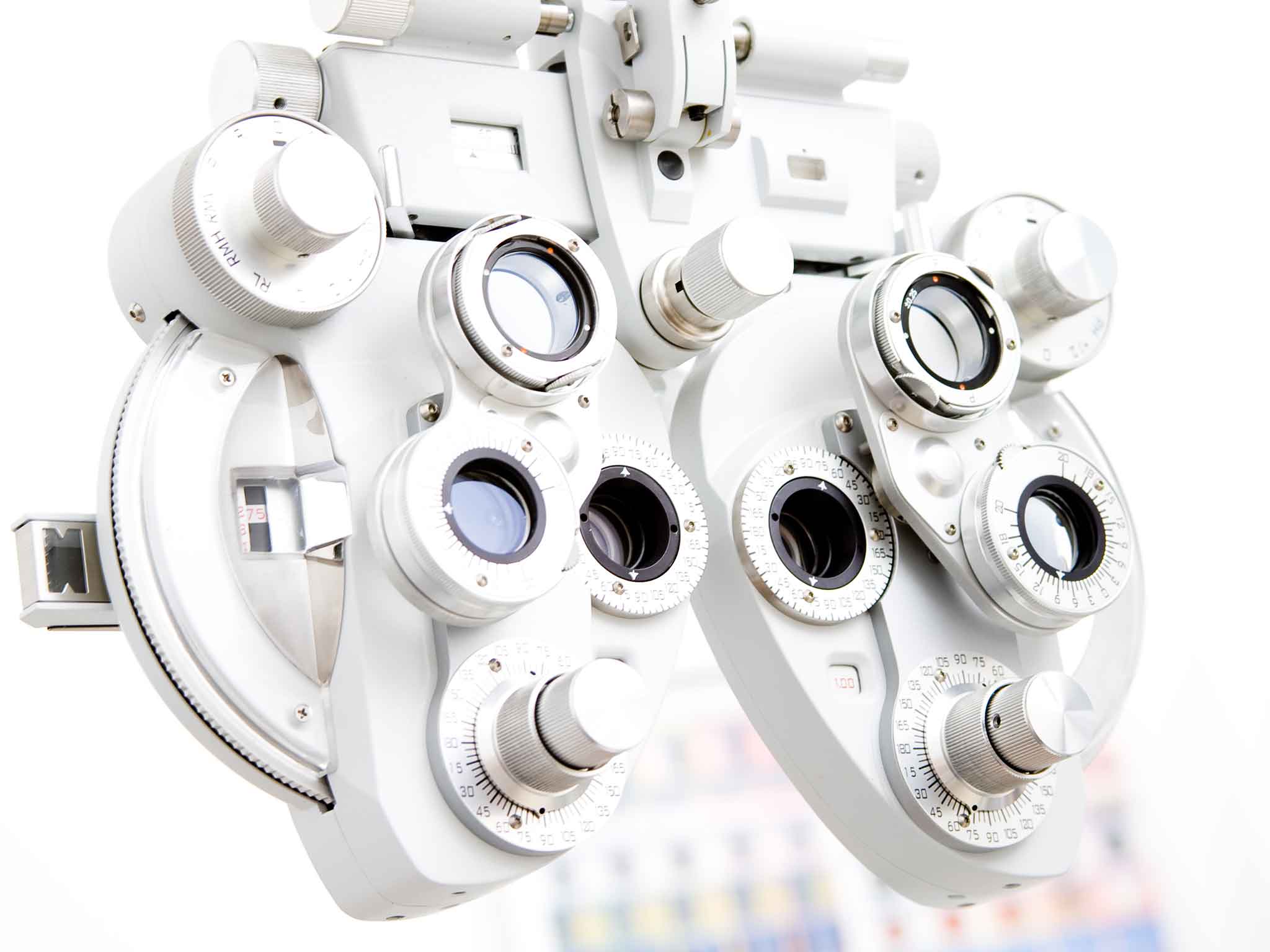Cataracts: How to Get Discounted Help at Home
Seventy percent of seniors will have cataracts by age 75, according to the American Academy of Ophthalmology. In fact, 45 people are diagnosed with them every hour in the United States.
Protecting your eyesight is one of the most important things you can do to maintain a high quality of life. So Preferred Care at Home offers a discounted cataracts-care package. It starts with transportation to and from surgery. You’ll also receive homemaker services for as many days after surgery as you need. These services include meal preparation, light housekeeping, hygiene supervision, medication reminders and more.
Please contact us today to learn more about how we can help.
Signs and Symptoms of Cataracts
A cataract is a clouding of the eye’s lens. It causes vision problems by impairing the eye’s ability to focus light properly. But it starts out small. At first, it may have little effect on your vision.
Read MoreThe signs and symptoms you have—and when you have them—will depend on the cataract. (There are three common types: subcapsular, nuclear and cortical.) If you experience any of the following, consult with your ophthalmologist right away:
- Painless cloudy, blurry or dim vision
- More difficulty seeing at night or in low light
- Sensitivity to light and glare
- Seeing halos around lights
- Seeing faded or yellowed colors
- The need for brighter light for reading and other activities
- Frequent changes in your eyeglass or contact-lens prescription
- Double vision within one eye
Once your eyes develop cataracts there are some lifestyle changes that can help you function with them, such as using additional light and proper glasses. However, if your cataracts are severe, your ophthalmologist may suggest surgery since this is the only way to remove them.
Cataract Surgery: What to Expect Afterwards
During cataract surgery, your cloudy lens is removed and replaced with a clear artificial lens. This is an outpatient procedure, but you’ll need someone with you to drive you home.
Recovery time is about a week. During this time, little activity is recommended. You may also be directed to:
- Avoid driving and other self-transportation methods
- Wear dark glasses, even while sleeping
- Not make sudden movements, strains or bending
- Avoid contact with water, including showers, baths and swims
- Follow your doctor’s medication and nutrition orders
For more information on how our caregivers can provide reliable, compassionate care for people with cancer, please contact us today to experience the Preferred Care at Home difference.
contact us today